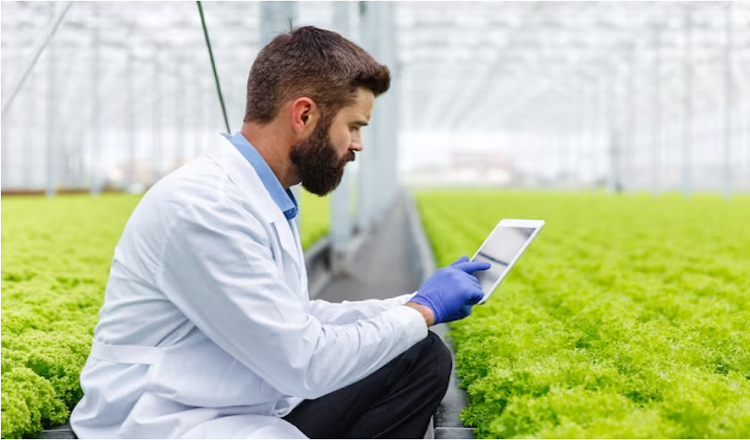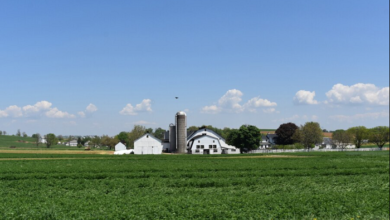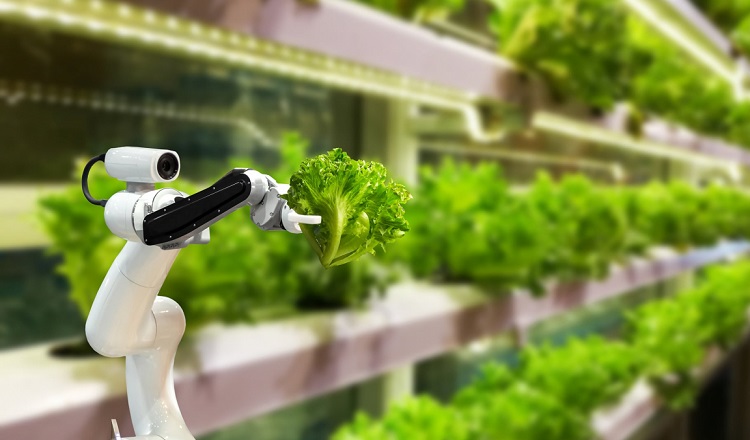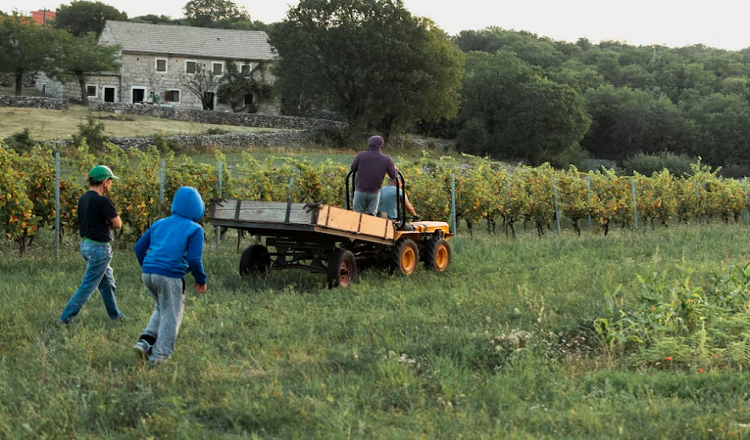The challenges and opportunities of sustainable and organic farming
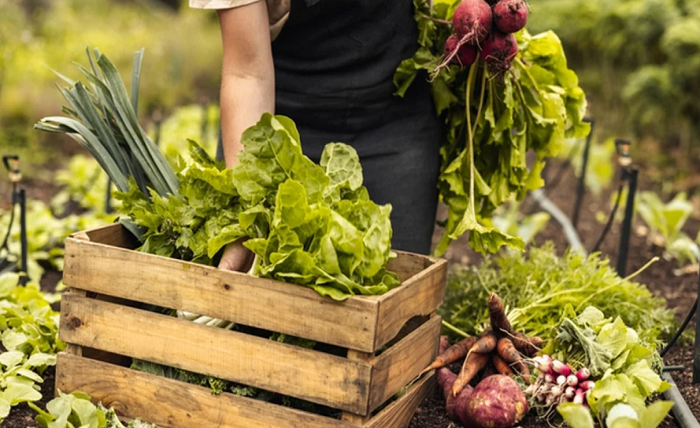
Farming has come a long way since the days of the family farm and the horse-drawn plow. Today, we have sophisticated machinery, high-tech irrigation systems, and genetically modified seeds. However, as we’ve progressed, we’ve also created new problems, such as soil depletion, water pollution, and the excessive use of pesticides and herbicides. That’s why sustainable and organic farming has become more important than ever before. But what exactly does that mean, and why is it crucial for the future of our planet?
Sustainable farming is a system of agriculture that focuses on long-term productivity and environmental health. It uses practices that help maintain soil fertility, conserve water resources, and reduce pollution. Organic farming, on the other hand, is a method of farming that avoids the use of synthetic fertilizers, pesticides, and genetically modified organisms (GMOs), relying instead on natural methods such as composting, crop rotation, and the use of beneficial insects. The importance of sustainable and organic farming cannot be overstated. By prioritizing environmental health and minimizing the use of harmful chemicals, we can ensure the long-term viability of our food systems and protect the health of our planet. In this article, we’ll explore the challenges and opportunities of sustainable and organic farming and provide insights into how we can work towards a more sustainable future for agriculture.
Challenges of Sustainable and Organic Farming
One such challenge is the limited availability of resources, which can include everything from land and water to labor and financial resources. Additionally, the high costs of production associated with sustainable and organic farming can be a significant barrier for farmers who are already struggling to make ends meet. Another key challenge is finding a balance between pest management and ecosystem conservation. While pesticides can be harmful to the environment, failing to control pests can lead to crop loss and financial hardship for farmers.
Furthermore, the lack of knowledge and expertise can also pose a significant challenge to sustainable and organic farming. Many farmers may not have access to the latest research or training programs, which can make it difficult to implement sustainable practices. Additionally, market demand and access to consumers can also be an obstacle, as many consumers may not be willing to pay the premium prices associated with sustainable and organic products. Overall, addressing these challenges will be crucial for sustainable and organic farming to become more widespread and accessible.
Sustainable farming offers environmental opportunities
It offers a range of environmental benefits that make them a critical component of efforts to address global environmental challenges. One of the key environmental opportunities associated with sustainable and organic farming is soil conservation. By using practices like crop rotation and cover cropping, farmers can help maintain soil health and prevent erosion, which is essential for the long-term productivity of their land. Additionally, sustainable and organic farming can help reduce water and air pollution by limiting the use of harmful chemicals and promoting the use of natural alternatives.
Biodiversity conservation is another important environmental benefit of sustainable and organic farming. By creating habitats for beneficial insects and wildlife, farmers can help promote biodiversity and ensure the health of local ecosystems. Sustainable and organic farming practices can also help mitigate climate change by reducing greenhouse gas emissions and promoting carbon sequestration in soil. Finally, sustainable and organic farming can play a critical role in preserving fragile ecosystems and protecting endangered species, making it an essential tool for conservationists and environmentalists alike.
Sustainable farming offers economic opportunities
Sustainable and organic farming practices offer a range of economic opportunities for farmers, as well as for consumers and the broader agricultural industry. One of the most significant economic opportunities associated with sustainable and organic farming is the increased consumer demand for organic products. As more people become concerned about the impact of their food choices on their health and the environment, the demand for sustainably produced food continues to grow.
In addition to consumer demand, sustainable and organic farming practices can also result in significant cost savings for farmers. By reducing the use of chemicals and fertilizers, farmers can lower their input costs and increase their profitability. Moreover, sustainable and organic farming practices can provide access to premium markets and prices, as consumers are often willing to pay more for sustainably produced products. Finally, government support in the form of grants, loans, and subsidies can help offset the costs associated with transitioning to sustainable and organic farming practices, making it a more economically viable option for farmers.
Social Opportunities of Sustainable and Organic Farming
One of the most significant social opportunities associated with sustainable and organic farming is increased rural development. By promoting sustainable farming practices, farmers can create more jobs and contribute to the economic development of their local communities.
In addition to job creation, sustainable and organic farming practices can also help support small-scale farmers and promote food security and sovereignty. By growing a diverse range of crops and promoting local food systems, farmers can help ensure that their communities have access to fresh, healthy food. Moreover, sustainable and organic farming practices can help reduce reliance on imports and increase local self-sufficiency, which is particularly important in regions where food security is a major concern. Finally, sustainable and organic farming can help build stronger communities by promoting environmental stewardship and supporting local businesses.
Success Stories of Sustainable and Organic Farming
By examining case studies of successful farmers, we can learn valuable lessons about best practices and strategies for successful sustainable and organic farming. Read a success story of Narasimhulu (52), hailing from Nellikondi village in China Chinta Kunta mandal of Mahabunagar district here
One key success factor is a focus on soil health, which is essential for maintaining long-term productivity and sustainability. Successful farmers often employ a range of techniques, such as crop rotation, cover cropping, and the use of natural fertilizers, to promote soil health and fertility. Another important factor is a commitment to biodiversity conservation and ecosystem preservation, which can help maintain a healthy balance between crops, pests, and beneficial insects. By learning from successful farmers and implementing best practices and strategies, we can help promote sustainable and organic farming and build a more sustainable food system.
Conclusion
To support sustainable and organic farming practices, we must act at both the individual and systemic levels. As consumers, we can choose to buy sustainably produced food and support local farmers who employ these practices. At the systemic level, governments and businesses can support sustainable and organic farming practices through policies, regulations, and financial incentives.
The future outlook for sustainable and organic farming is promising, as more farmers and consumers recognize the benefits of these practices. By supporting sustainable and organic farming practices, we can build a more resilient, equitable, and sustainable food system for generations to come.
Read More You May Like:

